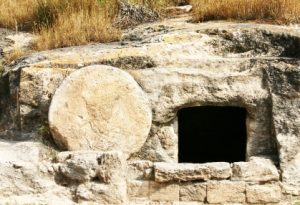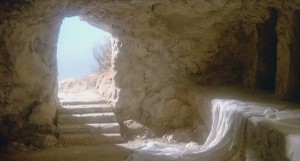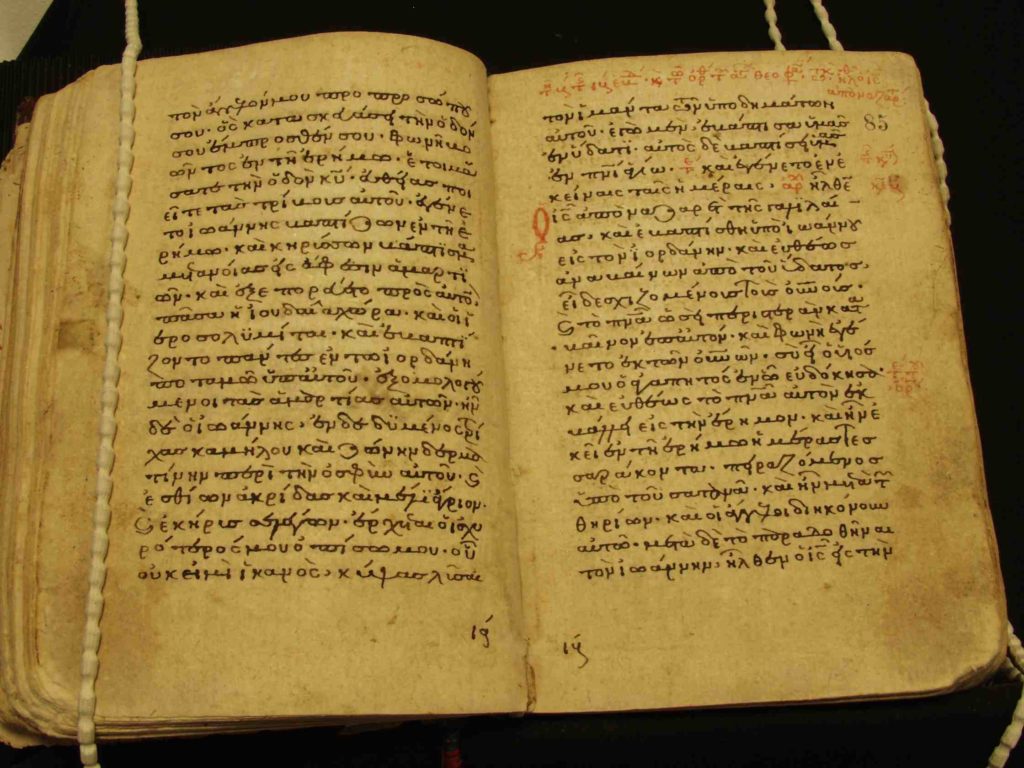Is the New Testament Based on Eyewitness Testimony?
Is the New Testament based on eyewitness testimony? Let’s examine the Bible to find out.

“Draw up an account of the things that have been fulfilled among us, just as they were handed down to us by those who from the first were eyewitnesses.” (Luke 1:1,2 NIV) The Bible writer Luke based his accounts on eyewitness testimony.
“You are eyewitnesses of these things.” (Luke 24:48 NIV) Jesus told his disciples they were eyewitnesses.
“This report is from an eyewitness giving an accurate account. He speaks the truth so that you also may continue to believe.” (John 19:35 NLT) – Spoken by the Apostle John.






